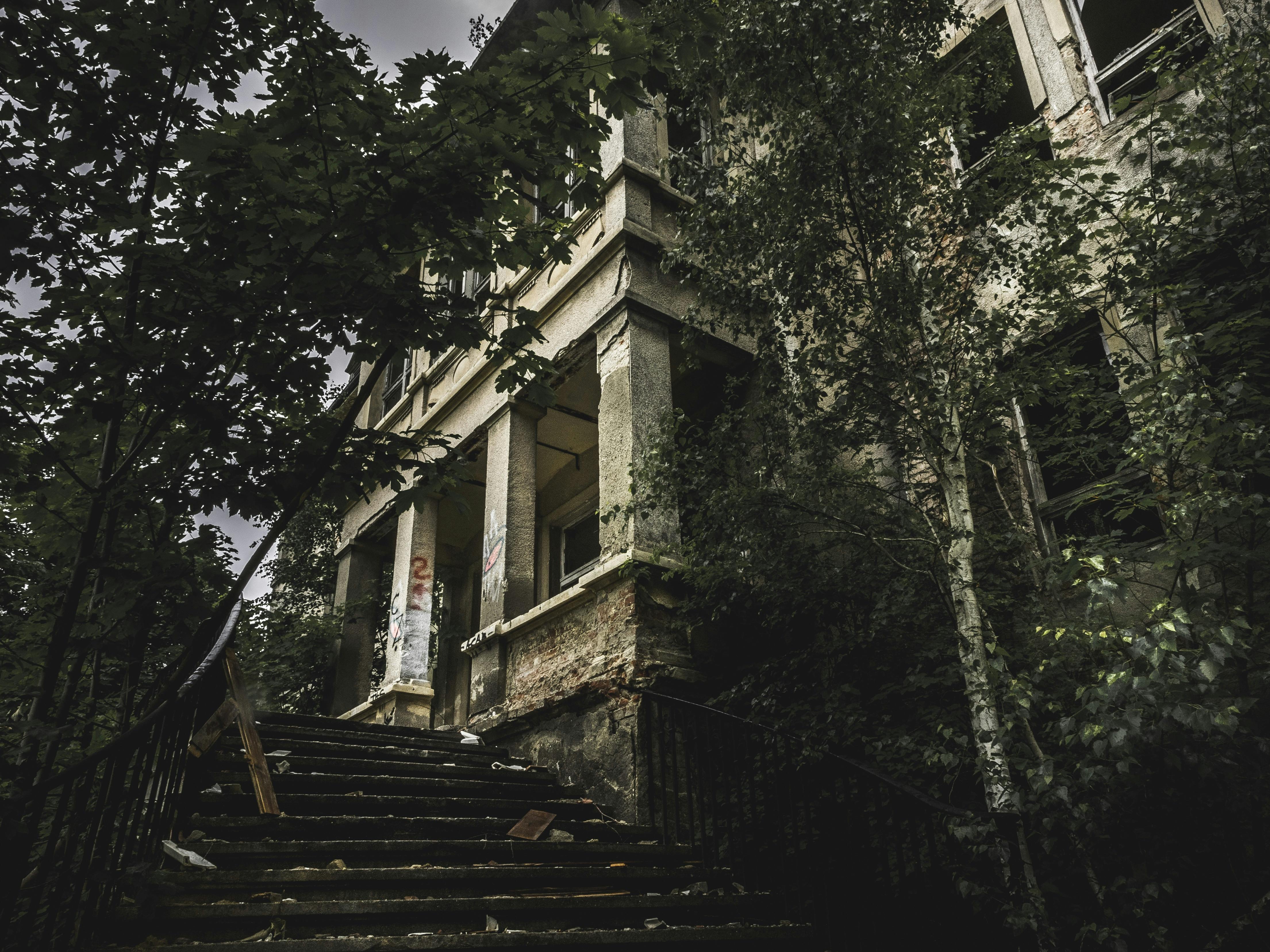Discovering the Mystic Charm of Dark Tourism: An Unconventional Journey
In this era of experiential travel, where tourists are seeking more than just sightseeing, a new trend is gaining momentum. Known as 'Dark Tourism,' it involves visiting places historically associated with death, tragedy, or the macabre. While it may seem unconventional or even eerie to some, dark tourism offers a unique way to understand and appreciate the complexities of our history and humanity. Let's delve into the intriguing world of dark tourism and uncover the reasons behind its growing popularity.

The Phenomenon of Dark Tourism
Dark tourism, also known as grief tourism, has its roots embedded deep in human history. People have always been drawn to sites of tragedy, from the Roman gladiator games to medieval public executions. It was during the 19th century, however, that the term ‘dark tourism’ was coined, reflecting a shift in societal attitudes towards death and disaster.
Today, dark tourism spans a wide range of destinations, including war memorials, abandoned prisons, disaster sites, and even places associated with supernatural occurrences. This growing phenomenon is fueled by our desire to understand the darker side of human history, reflect on our mortality, and pay our respects to those who suffered.
Understanding the Appeal of Dark Tourism
Dark tourism offers a unique platform for historical education. By visiting these sites, travelers get a first-hand experience of the events that took place, fostering a deeper understanding of history than any textbook can provide.
Moreover, these experiences often evoke strong emotions, enabling tourists to empathize with the victims and survivors. This emotional connection can lead to a profound sense of gratitude for life and a renewed perspective on personal challenges.
The Impact of Dark Tourism
Dark tourism can have several positive impacts on travelers. It can inspire introspection, encouraging people to contemplate their values and priorities. It can also promote global awareness and empathy, fostering a greater respect for different cultures and histories.
However, it also poses ethical challenges. It’s crucial for tourists to approach these sites with respect, avoiding any actions that might trivialize the tragedies that occurred there. It’s also important for tour operators to provide accurate information about the site’s history, ensuring that tourists come away with a genuine understanding of the events that took place.
Practical Tips for Dark Tourism
- Respect the Site: These locations are often sacred or significant, so always behave appropriately and respectfully.
- Educate Yourself: Before visiting, research the site’s history to better understand its significance and context.
- Reflect and Absorb: Take the time to absorb the atmosphere, reflect on the events that occurred, and honor those who suffered.
- Support Local Communities: Many dark tourism sites are located in areas affected by tragedy. Support these communities by purchasing local goods or donating to relevant causes.
In conclusion, dark tourism offers a unique and profound travel experience, allowing tourists to connect with history on a deeply emotional level. While it may not be for everyone, those who choose to embark on this unconventional journey often find it to be a transformative experience, providing valuable insights into our shared human history and our individual place within it.




